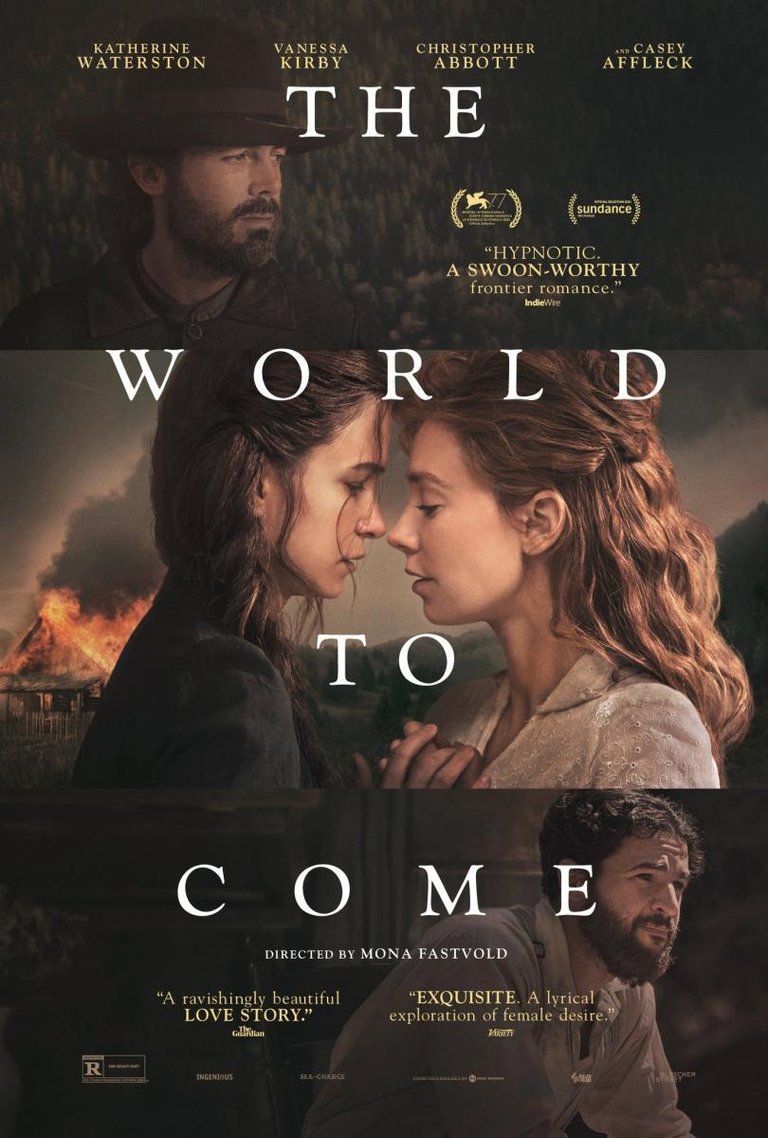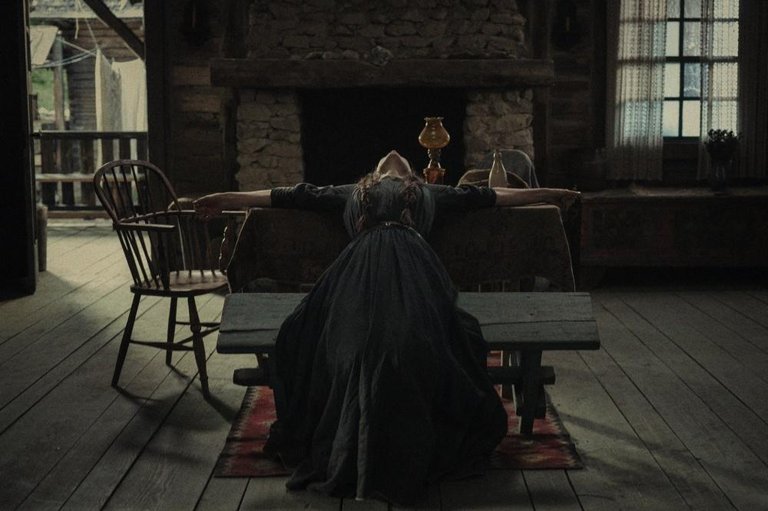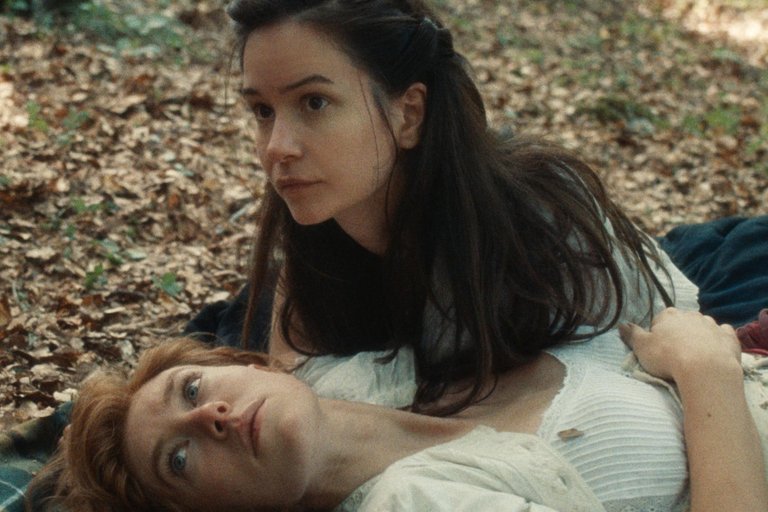The World to Come, 19th century taboo love

Image
Led by powerful performances from Katherine Waterston and Vanessa Kirby as neighbors who find forbidden passion in their isolated farm lives, the film exudes a quiet poetry with scenes of longing glances and subtle gestures that speak volumes.
Adapted from Jim Shepard's short story, Fastvold's deft direction understands that censorship does not equal abstinence. The chemistry between Waterston and Kirby electrifies within the constraints, amplified by the cold natural surroundings.
Though not destined to be a blockbuster, The World to Come rewards those willing to follow its meditative pace, revealing complex truths about the immense human costs of repression through small, profound character details.

Image
The climax left me ecstatic yet moved, having spent two absorbing hours witnessing the blossoming of a taboo love as nature reclaims scorched earth. A revelatory film that deserves wider recognition.
Mona Fastvold's The World to Come offers a sensual and evocative portrait of repressed 19th century sexuality in rural America through an intimate, slow-burning lens.
Fastvold establishes herself as a profound and sensitive filmmaker, capable of provoking emotions that one does not easily forget.
The World to Come received widespread critical acclaim, earning Vanessa Kirby a Best Supporting Actress award from the National Society of Film Critics.

Source
Kirby and Katherine Waterston both received Independent Spirit Award nominations for their intense leading roles.
Mona Fastvold was justly praised for her sensual direction, which established her as a filmmaker of great caliber and capable of achieving great success.
Commercially, The World to Come found an arthouse audience against all odds, grossing $854,000 worldwide on a budget of $3 million.
0
0
0.000
0 comments